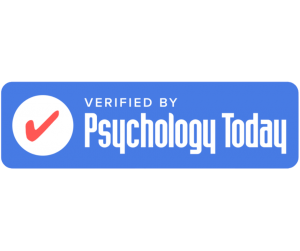If your loved one is struggling with addiction, it can be difficult knowing where to turn and how to get them the help they need. Battling drug addiction is complex, and finding proper care for the patient to ensure a safe and effective recovery can present many challenges. One of those challenges could be handling an individual who may not want to receive help. Patients who are not serious about recovery are at risk for dropping out of a program early, leading to further addiction. A common misconception in the drug addiction treatment field is that once you are admitted into a facility, you must complete it through the entire length of the stay. Generally speaking, a patient is free to leave a rehab program at any time, other than for special exceptions. These rules will depend on many factors, such as jurisdiction and other underlying circumstances.
Marchman Act
In Florida, the Marchman act permits admission to a drug treatment facility for assessment under specific criteria. For example, suppose a person is observed in a public place by a police officer intoxicated, and that person may present a danger to themselves or others. In that case, they may be involuntarily admitted into treatment. [1] Loved ones may also petition the court for involuntary treatment of someone who is actively using but not ready to get help on their own.
Meeting the Criteria
In Florida, the general standard for involuntary admission is as follows:[2]
- The individual has inflicted, threatened, or attempted to inflict, or is likely to inflict, physical harm on himself or herself or others.
- Needs substance abuse services but is incapable of realizing it or making a rational decision regarding it
Release Following Admission
Following an involuntary admission, the person must be released when they no longer meet the involuntary admission criteria, the 72 hours have elapsed, or the person agrees to voluntary admission. Persons can be retained in protective custody longer when a court petition has been initiated.
Conclusion
In conclusion, only a small percentage of people who need substance abuse treatment actually receive the help they need. Among the common treatment options available, there are few safeguards in place to ensure a patient completes the full treatment and doesn’t drop out. Involuntary commitment laws make it possible for families to help their loved ones who are unwilling to be treated but still do not address the fundamental problem of patients experiencing a long, uncomfortable withdrawal period. When searching for a treatment program for a loved one, the most important factor to consider is finding a highly effective option. With the ANR Treatment, patients can sleep through the worst of the withdrawal syndrome, eliminating the obstacle of program dropouts. This ensures all patients admitted to the program can complete it and be completely opioid-free.







